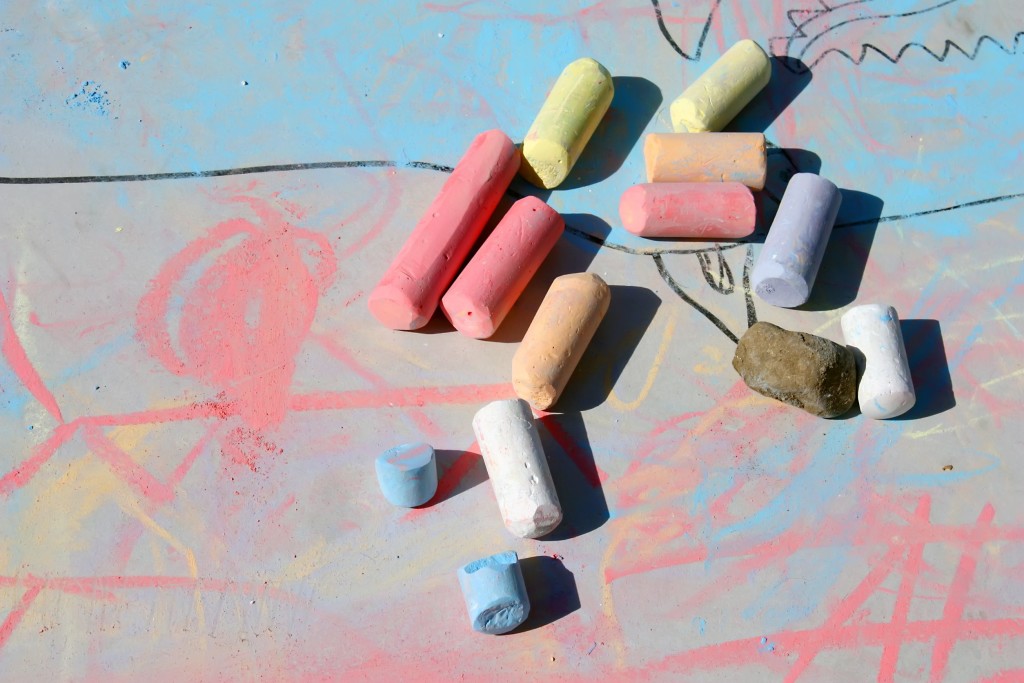


Play is a fun activity that elevates our spirits and brightens our outlook on life. Play can relieve stress and boredom and connect us to people in a positive way, stimulating creativity, exploration, emotional regulation, and self-esteem. Play can expand our self-expression, self-knowledge, and confidence in controlling our behavior, motivation, and social environment. Play therapy is different from regular play because the therapist helps a child address and resolve their own problems. Play provides a safe psychological distance from a child’s problems and allows expression of thoughts and feelings.

Children learn to communicate with others, express feelings, modify behavior, develop problem-solving skills, and learn a variety of ways of relating to others. Even the most troubling problems can be confronted in play therapy and lasting resolutions can be discovered, rehearsed, mastered, and adapted into lifelong strategies. Play therapy is most often used with children ages 3-12 and usually occurs in weekly sessions, it can take an average of 20 sessions to resolve problems.
Some children may improve faster, while others may have more serious or ongoing problems that may take longer to resolve. Play therapy works best when a parent, family member, or caretaker is actively involved in the treatment process. Play therapy is effective with children experiencing life stressors, such as relocation, hospitalization, chronic illness, abuse, domestic violence, and natural disasters. Therapeutic play and can be used with children dealing with:


Subscribe today to receive updates on services, open jobs, free webinars, and helpful articles for professionals and parents!

Manhattan Psychology Group, PC